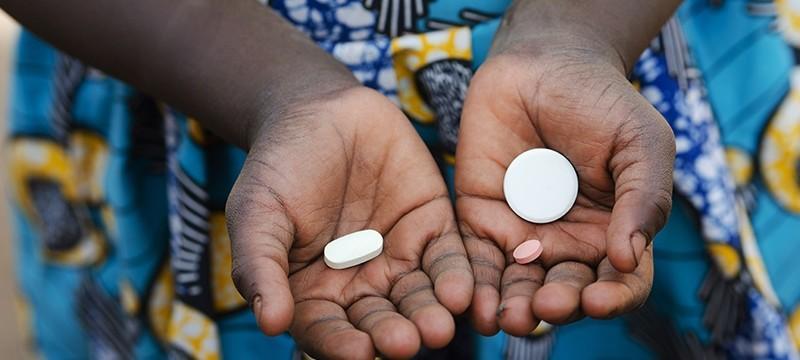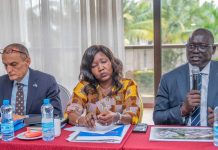Africa-Press – South-Sudan. Medical charity Médecins Sans Frontières (Doctors Without Borders) on Wednesday called for urgent action to secure and distribute life-saving malaria medications as South Sudan enters its peak malaria season.
The organization said nationwide stockouts caused by gaps in the regular supply system have left many health facilities without treatment for the past three months.
“Some MSF-supported sites have had no antimalarials or other essential medical supplies since May, severely undermining malaria prevention and care just as cases surge with the seasonal peak,” the group said in a statement.
Public health facilities in parts of Central Equatoria, Warrap, Northern Bahr el Ghazal and the Abyei Special Administrative Area have reportedly run out of antimalarial drugs. Facilities in Yei and Morobo counties have been without essential medicines since May, while ongoing violence and insecurity have further restricted access to health care.
As of late July, MSF said it had treated more than 44,000 patients in those areas, with numbers expected to rise sharply during the rainy season, which coincides with the malaria peak from July to November.
UNICEF began distributing remaining stockpiles of antimalarials earlier this month to cover 80 counties across all 10 states, but only 23 counties in Upper Nile, Jonglei and Unity states had received supplies as of mid-September. Those supplies are expected to last just one to two months.
“Malaria is a predictable, life-threatening seasonal emergency in South Sudan, yet each year, stockouts and supply chain failures leave the most vulnerable exposed,” said Dr. Sigrid Lamberg, MSF’s head of mission in South Sudan. “We urge all actors involved in planning, procurement and delivery of malaria supplies and commodities to act now and restore the flow of essential medicines.”
Malaria remains the leading cause of illness and death in South Sudan, accounting for at least 30% of deaths, according to the World Health Organization. The WHO projects that malaria cases could reach 8.3 million in 2025 — a staggering figure for a country of 12 million people.
In 2024, public health services were stretched to the brink during the seasonal malaria surge. At Aweil State Hospital, for example, the pediatric ward was admitting up to 400 children per week in September — more than double the number from the previous year.
The hospital reported an average of 43 children admitted daily with severe malaria and 14 blood transfusions conducted each day. The facility was so overcrowded that some patients were treated in the corridors.
For More News And Analysis About South-Sudan Follow Africa-Press






